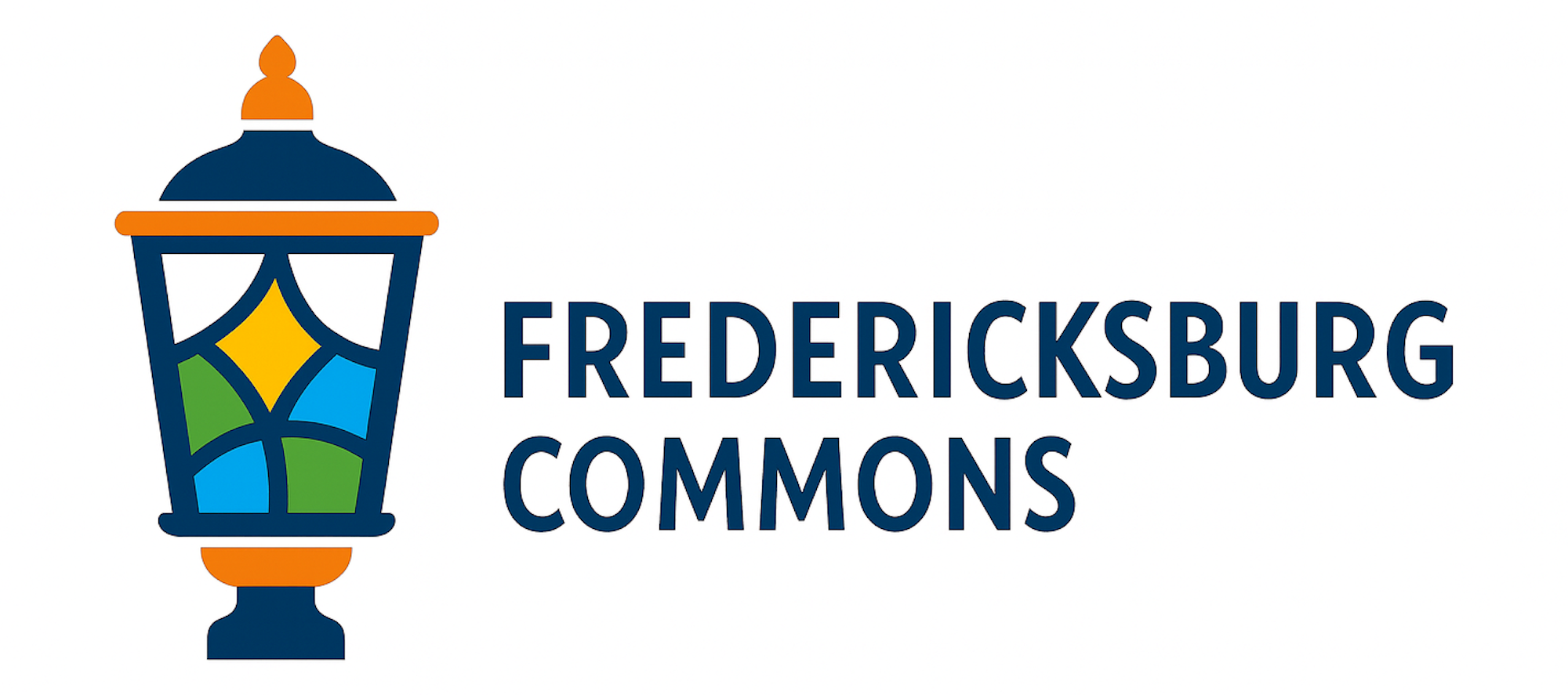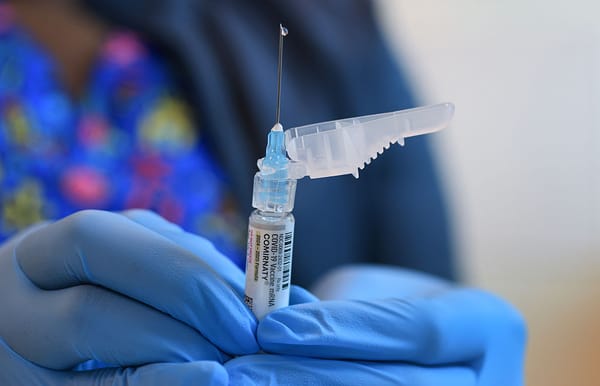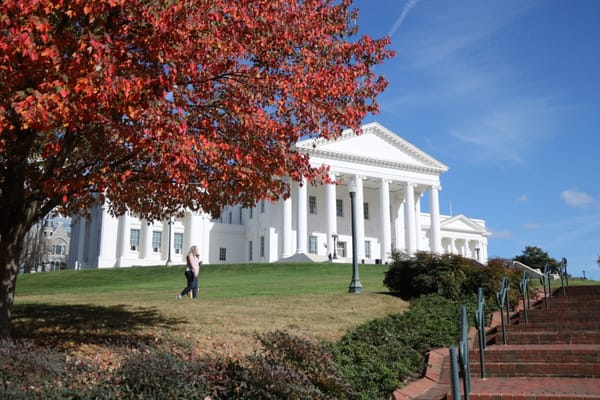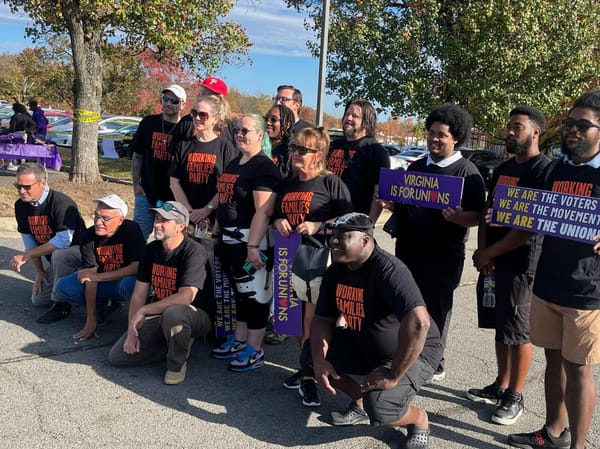by Charlotte Rene Woods, Virginia Mercury
The U.S. Food and Drug Administration ended broad emergency authorizations for COVID vaccines in recent weeks, which had allowed people to be able to walk into pharmacies without prescriptions to get their shots. Now, people need a prescription from their doctors or must be 65 and older. It is posing challenges for a range of Virginians, insured and uninsured.
The prescription barrier has already proven to be a delay for a Northern Virginia woman who travels for work and is a cancer survivor.
Laura Packard, a small business owner and health care activist based in Alexandria, called the shifts “such a mess.”
When getting her annual flu shot last week she asked about a COVID booster shot, but was told she needed a prescription to get it. As she is traveling for work currently, she’s already contacted her doctor and her insurance company to determine when she can get the vaccine.
“It shouldn’t be this hard,” she said in an email. “I’m a cancer survivor and medically vulnerable.”
Meanwhile, the Centers For Disease Control and Prevention’s Advisory Committee on Immunization Practices (ACIP) will meet later this month to discuss guidance for doctors, insurance companies and states on how shots can be accessed. While ACIP plans to deliberate the future landscape of vaccines, Health and Human Services Secretary Robert F. Kennedy Jr. appointed critics of coronavirus vaccines to the committee, which could signal that the shots may be less accessible, more broadly.
University of Virginia nursing professor Ashley Apple is noting the variety of barriers people can experience, or are already experiencing.
One limitation for people may be costs. Insurance companies typically cover vaccines that are recommended by the CDC — a notion that is uncertain, pending the upcoming ACIP meeting. For those with insurance, their shots might be covered or partially-covered. Out-of-pocket costs for coronavirus vaccines can range in hundreds of dollars. CVS, for instance, charges $224.99.
“While one barrier might not seem like a big deal for one population, it is for others,” Apple said.
Another is the ability to access a primary care provider and obtain a prescription in the first place.
Around Virginia, about 3.8 million people lack a primary care provider nearby, according to a recent Virginia Commonwealth University study.
Last week, two primary care facilities and an urgent care facility operating under Augusta Health announced their closures in Shenandoah Valley. While some of those patients need to travel only about 10 minutes away to other clinics, others will have to go farther, and face an additional barrier to their health care.
Overall, Apple said she anticipates “bottlenecks” in primary care because people will call in asking for prescriptions while others who didn’t have a provider previously will be making appointments as well, in order to establish their provider and get a prescription.
For a quick fix, she posited that Virginia’s Department of Health could issue a standing order that could resolve the prescription requirement for Virginians in the interim.
When The Mercury reached out to VDH on Tuesday inquiring about the idea, VDH epidemiology spokesman Logan Anderson said that he couldn’t answer the question yet.
Governors in Minnesota and New York have recently issued orders directing standing orders for the COVID-19 vaccine. This offers flexibility for health care providers and pharmacists to provide the vaccine.
The Mercury also asked if Gov. Glenn Youngkin was considering issuing an order but did not hear back from his spokesperson by the time of this publication.
VDH’s local health districts in the state played a role when it came to vaccine rollout four years ago, a year into the pandemic, as the nation began to crack down on the global health emergency.
Though the World Health Organization formally ended the pandemic classification in 2023, it has remained a key focus of prevention efforts through vaccinations. Last week, nearly 4,000 Virginians tested positive for COVID-19. As colder months approach and people are more likely to gather inside, airborne spread illnesses typically experience upticks.
YOU MAKE OUR WORK POSSIBLE.SUPPORT
Virginia Mercury is part of States Newsroom, a nonprofit news network supported by grants and a coalition of donors as a 501c(3) public charity. Virginia Mercury maintains editorial independence. Contact Editor Samantha Willis for questions: info@virginiamercury.com.







